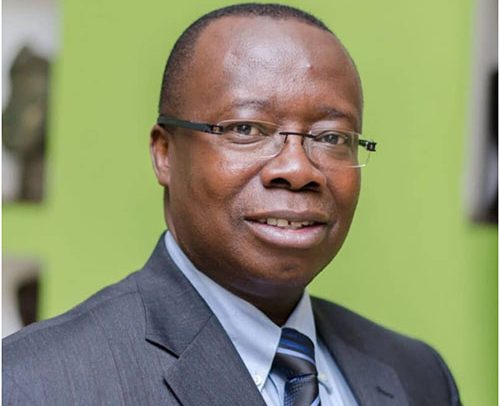Dr. David Ameyaw
THE FEED the Future Advancing Local Leadership, Innovation and Networks (ALL-IN) programme has launched four research projects led from Ghana to test the impacts of existing rural development programmes.
With support from USAID, these projects are creating new opportunities in Northern Ghana with a view to improving their income, crop yields and family nutrition.
“These four projects are led by researchers who understand the context and culture on this continent and who are closely related to policy makers and understand the intricacies of policy,” said David Ameyaw, co-director of Feed the Future ALL-IN and president and CEO of the International Centre for Evaluation and Development.
One of these projects, led by Ghana Institute of Management and Public Administration (GIMPA) senior lecturer Charles Amoatey, is testing the impacts the One Village, One Dam (1V1D) initiative is having on rural families in the northern regions.
Another project is testing an agricultural insurance designed to complement supplemental irrigation in 1V1D communities. Led by John Kuwornu, a professor at the University of Energy and Natural Resources and dean of its School of Graduate Studies, this project expands families’ overall drought protection.
A research team led by Fred Dzanku, a senior research fellow from the Institute of Statistical, Social and Economic Research (ISSER) at the University of Ghana, is testing a package of training and financing to empower women producers to receive the full benefits of their work while increasing supply available for growing international markets for shea products.
Since 2012, the USAID Resiliency in Northern Ghana (RING) project, under the Feed the Future initiative, has sought to improve the livelihoods and nutritional status of vulnerable rural families in the region.
Robert Darko Osei, an associate professor of the Institute of Statistical, Social and Economic Research (ISSER), University of Ghana, leads a project that measures the impacts of the USAID RING project while also testing an innovative approach to re-inforcing household nutrition using SMS text messages directly to families.
Ghana has made tremendous progress against poverty in its rural communities over the past decade.
However, rural families in the northern regions continue to face substantial challenges to their livelihoods.


